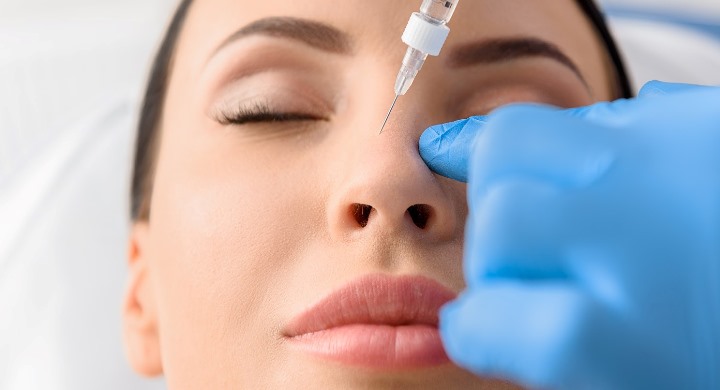
Today's article will be useful for those who want to give up washing with soap and other store-bought chemicals. And my post will begin with a little background...
All my life I washed my face with soap, the most ordinary toilet soap. Yes, I know that it dries out the skin and leads to wrinkles, but I have oily skin with enlarged pores, and it tolerated soap perfectly. Several times I tried "cleansers" from different companies, but, not seeing any difference, I returned to soap again.
While "studying" YouTube in search of a suitable video, I came across a video showing what would happen to your face after many years of washing with soap - the sight was simply awful!!! After that, I wanted to change the situation immediately, but I did not find any alternative, so I continued to wash with soap. Perhaps this question would have hung in the air, but then the cold weather came, my face began to peel, and the soap gave me an unpleasant feeling of tightness, as if the skin around the edges of my face was pulled over my ears, although, I admit, this had never happened to me before!

The problem of replacing soap became very acute. And then it occurred to me to wash my hair with rye flour. I had already tried this method once, but without success - the flour did not wash my hair completely, although many girls use this method, among them, for example, my friend, who has simply gorgeous hair!
So, the principle of such washing is that the grains of flour absorb sebum, leaving the curls clean. "Why not try it on your face? Flour is a natural and harmless product, it certainly can't make things worse!" I thought and diluted some rye flour with water, applied it to the skin with patting movements and immediately washed it off - my face became clean, no fat was felt on it. There were some concerns that the flour would not be able to cleanse the skin well enough and would "sprinkle" pimples. Fortunately, this did not happen - and I have not washed my face with soap for three months now.

How the skin has changed
As before, I wash my face twice a day. My pores have noticeably narrowed, no, they haven't become like those of people with normal skin, but they have become much narrower. The feeling of tightness that was so annoying has disappeared.
How to make flour "wash"
I pour 2 teaspoons of rye flour (with a slide) into a mug, add a little water and mix thoroughly until all the lumps dissolve. I make a liquid consistency, since thick flour takes a long time to wash off. I spread the mixture on my face, and where the pores are enlarged, I apply it with patting movements. I do not cover the forehead completely - I retreat 1.5-2 cm from the hairline so that the flour does not catch the hair when washing off. Please note, there is no need to keep the "cleanser" on your face - apply and wash off immediately. It happens that flour gets on your temple and dries in your hair - wet your hand and run your wet fingers through your hair - all the remains will disappear instantly!

About washing with wheat flour
It is absolutely forbidden to wash your hair with wheat flour - it turns into a sticky mass that is very difficult to wash out. Once I ran out of rye flour, I couldn’t find it in the store and decided to buy whole wheat flour, as I had long wanted to try it in baking.
What can I say? In principle, it is possible to wash your face with such flour, it cleans well, but it is inconvenient to use because of its glue-like consistency. The flour comes in lumps, which are not so easy to wash off both your face and hair, so I continue to wash my face with rye flour.
For the sake of experiment, I decided to try regular wheat flour. After diluting with water, it did not become sticky (like whole grain flour), it quickly dissolved, turning into a homogeneous mass (which cannot be said about rye flour).
The quality of cleansing is no worse than whole grain and rye "wash", but this flour also forms lumps when washed off.

Conclusions
Washing my face with flour was a real discovery for me, this method combines all the requirements that I have for a face wash - cheap, effective, natural! Flour is environmentally friendly, it is not tested on animals.
The only downside is that this mixture cannot be prepared for future use, it does not last long - only a couple of days, and even then in the refrigerator, and then it turns sour... and it is inconvenient to take such a remedy on the road.












